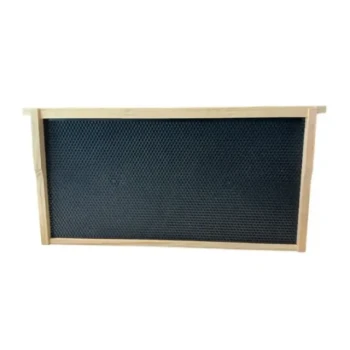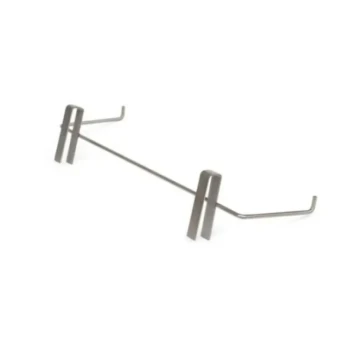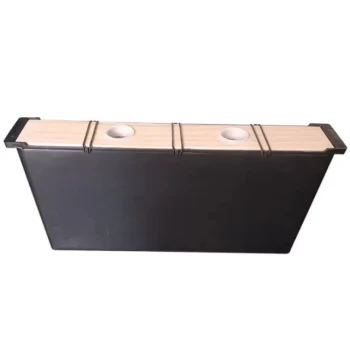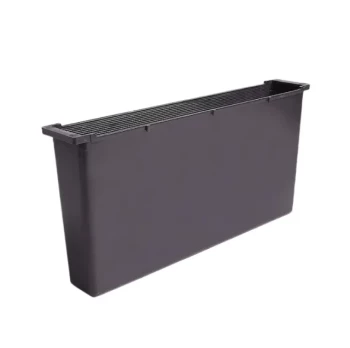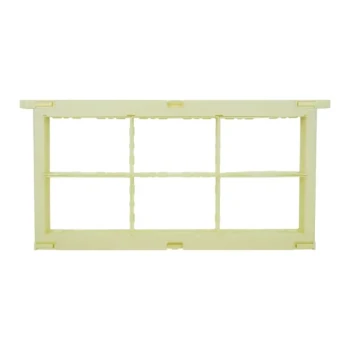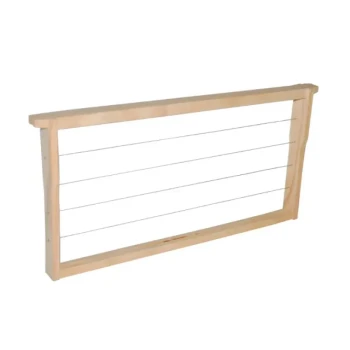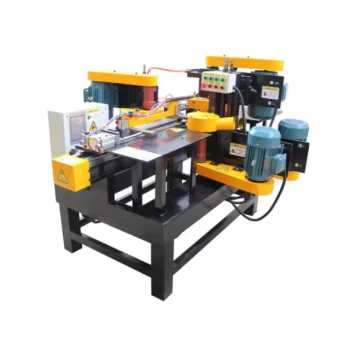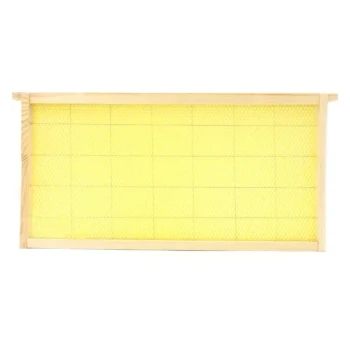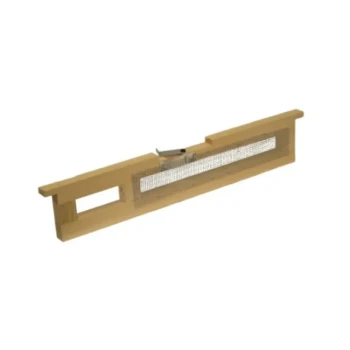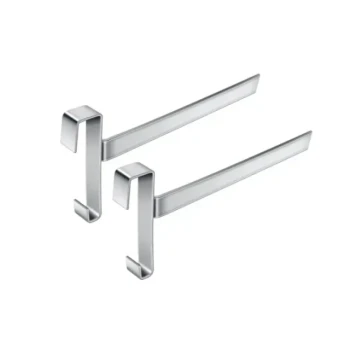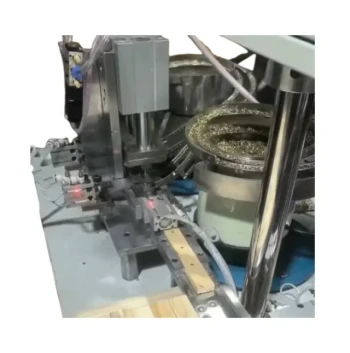As a general rule, beekeepers managing a large number of hives find plastic frames to be the superior long-term investment. This conclusion is driven by the fact that upkeep and replacement costs for plastic are significantly lower than for traditional wooden frames, creating a substantial economic advantage at scale.
The choice between wood and plastic frames is not merely a matter of material preference; it is a critical business decision. For large-scale operations, the durability and low maintenance of plastic frames directly translate to higher efficiency and lower operational costs over the life of the apiary.
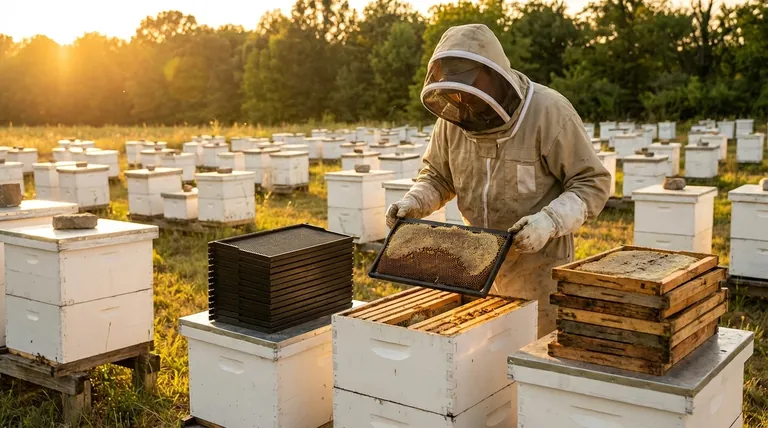
The Core Driver: Operational Efficiency at Scale
When managing hundreds or thousands of frames, small differences in labor and durability compound into major factors. The primary advantage of plastic is its ability to streamline workflows and reduce the time and money spent on equipment maintenance.
Durability and Longevity
Plastic frames are exceptionally resilient. Unlike wood, they do not rot, warp, or absorb moisture, which significantly extends their service life.
This durability also makes them more resistant to pests like wax moths. Because they can be cleaned more aggressively, pest and disease management can be more effective.
Reduced Maintenance and Labor
Wooden frames require considerable hands-on time. They must be assembled, wired, and then have a wax foundation embedded—a time-consuming process when multiplied across an entire operation.
Plastic frames, by contrast, typically come as a single, pre-molded unit with the cell foundation built-in. This "plug-and-play" nature eliminates nearly all of the assembly time, freeing up valuable labor for more critical apiary tasks.
Cost-Effectiveness Over Time
While the initial purchase price can be comparable, the total cost of ownership for plastic frames is substantially lower. The savings come directly from reduced labor costs for assembly and far fewer replacements needed over the years.
Understanding the Trade-offs
The decision is not entirely one-sided. Plastic offers economic efficiency, but wood possesses qualities that many beekeepers value. Understanding these differences is key to a balanced perspective.
The Case for Wooden Frames
Many beekeepers observe that bees are often more willing to draw out comb on a natural wax foundation placed in a wooden frame. This can lead to faster hive development, especially with new colonies.
Wood is also a natural, traditional material. For beekeepers whose brand is built on "all-natural" or artisanal principles, wooden equipment often aligns better with their marketing and personal philosophy.
The Downsides of Plastic Frames
The primary challenge with plastic is initial bee acceptance. Colonies can be hesitant to build on a bare plastic foundation, often requiring a heavy, uniform coating of beeswax to entice them to start working.
Furthermore, while durable, plastic can become brittle in very cold climates and may crack if dropped or handled roughly. Wood, being more flexible, is often more forgiving of rough handling.
Making the Right Choice for Your Operation
Your decision should be guided by a clear assessment of your operational priorities. Balancing long-term economic reality with beekeeping philosophy is essential.
- If your primary focus is maximizing efficiency and minimizing long-term costs across many hives: Plastic frames are the definitive choice due to their superior durability and dramatically lower labor requirements.
- If your primary focus is on traditional methods, or you manage a smaller number of hives where labor is less of a bottleneck: The benefits of wood, such as perceived bee acceptance and its natural appeal, may outweigh the higher maintenance demands.
Ultimately, understanding the economic impact of labor and replacement at scale is the key to making the most sustainable decision for your apiary.
Summary Table:
| Feature | Plastic Frames | Wooden Frames |
|---|---|---|
| Durability | High (resists rot, warping, pests) | Lower (prone to rot, warping) |
| Maintenance/Labor | Low (pre-assembled, easy to clean) | High (requires assembly, wiring) |
| Long-Term Cost | Lower (fewer replacements) | Higher (more frequent replacement) |
| Initial Bee Acceptance | May require wax coating | Often higher |
| Best For | Large-scale, efficiency-focused operations | Smaller, tradition-focused apiaries |
Ready to scale your operation with durable, low-maintenance equipment?
As a trusted wholesale supplier to commercial apiaries and distributors, HONESTBEE provides the high-quality plastic frames and beekeeping supplies you need to boost efficiency and reduce long-term costs. Our products are designed specifically for the demands of large-scale beekeeping.
Contact our expert team today to discuss your needs and request a wholesale quote. Let us help you build a more profitable and sustainable apiary.
Visual Guide
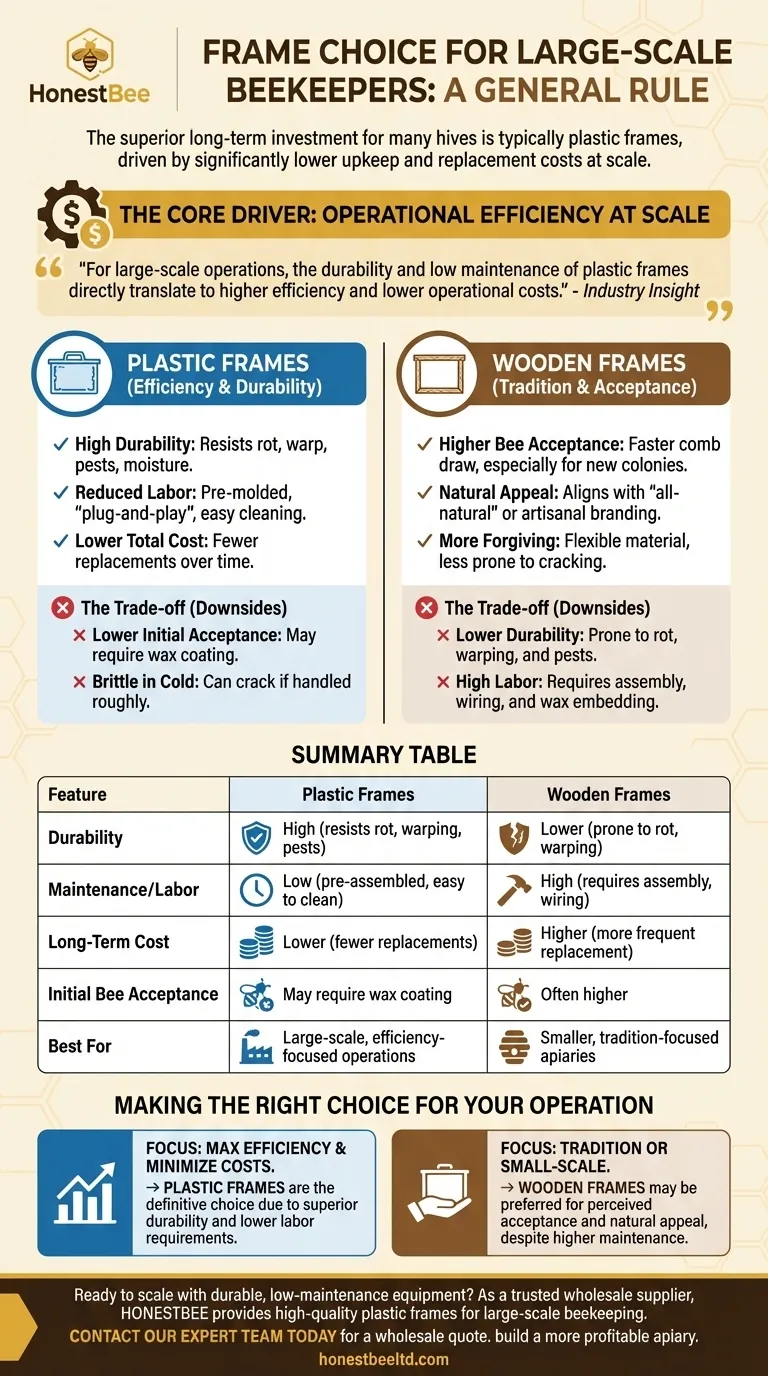
Related Products
- Plastic Bee Frame Beekeeping Hive Frames for Wholesale
- Assembled Wooden Bee Frames with Plastic Foundation for Durability and Convenience by HONESTBEE
- 7 x Auto Bee Flow Hive Frames Plastic Beekeeping Hive Box Supplies
- Plastic Honey Comb Frames Cassette Box for Honey
- Heart-Shaped Comb Honey Frame and Honeycomb Cassette
People Also Ask
- Are plastic bee hive frames good? A Guide to Modern Durability vs. Natural Appeal
- Can you boil plastic bee frames? Avoid This Costly Mistake and Protect Your Hive
- Why are plastic frames popular in commercial beekeeping? Boost Efficiency & Durability at Scale
- What are the pros of using plastic frames in beekeeping? Boost Efficiency & Durability
- Can beekeepers switch between wooden and plastic frames? Optimize Your Hive's Performance

